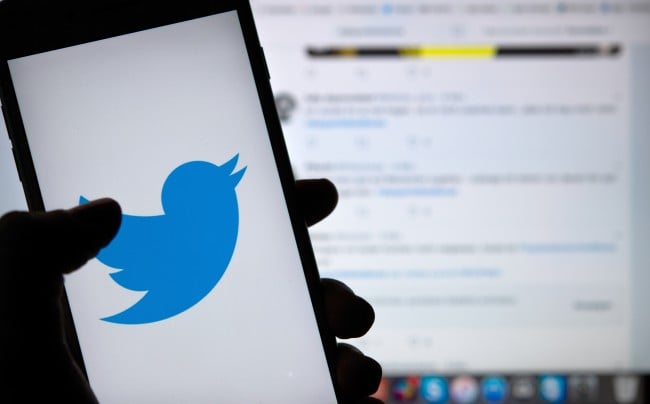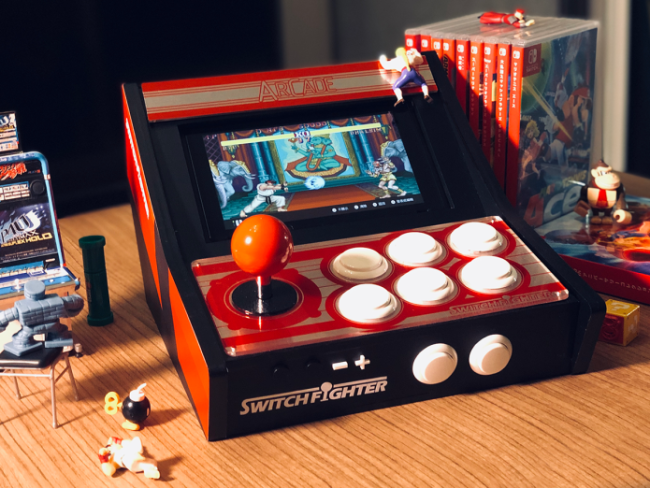Xiaomi launched a new brand of smartphones called Redmi for China’s cut-throat budget handset market. It’s taking on Huawei’s Honor and is aimed at developing markets around the world.
A ‘fat man’ goes nuclear over Japan in Xiaomi ad, prompting backlash

Smartphone maker Xiaomi may have been a little too eager to draw attention to its Redmi Note 9 handsets in Japan this week. The company published an ad featuring a “fat man” that inflates into the shape of a balloon after eating some sushi, only to float into the air and explode into a spectacular mushroom cloud. The visual was apparently meant as a metaphor for fast charging on the Redmi Note 9 series phones that can charge at 33W. But the target audience took it a little differently.
The ad drew backlash for imagery evocative of a nuclear explosion over Japan. Xiaomi deleted the video on Wednesday and issued an apology on Twitter. The backlash isn’t hard to understand considering that “Fat Man” was the codename of the nuclear bomb dropped over Nagasaki on August 9, 1945. The bomb was named after its bloated, egg-like shape and resulted in as many as 80,000 deaths (including deaths from long-term health effects of the radiation).
Xiaomi officially launched in Japan in December, but the market that hasn’t yet warmed up to Chinese phone brands. The company said in its statement that it will try to prevent similar incidents in the future. But Xiaomi hasn’t been doing that well back home either. Last week, the company vice president Chang Cheng deleted a joke that was deemed sexist from Chinese microblogging platform Weibo and donated US$14,100 to a local NGO as part of his apology.
Quick Stats
Xiaomi spin-off Redmi wants to own the budget phone market
Xiaomi spin-off Redmi wants to own the budget phone market
Xiaomi launched a new brand of smartphones called Redmi for China’s cut-throat budget handset market. It’s taking on Huawei’s Honor and is aimed at developing markets around the world.

After Twitter shut down what it calls a Beijing-backed disinformation operation by banning more than 170,000 accounts, China has responded with a piece of curious advice.
Chinese foreign ministry spokesperson Hua Chunying told reporters during a briefing on Friday that Twitter should shut down accounts that smear China if it wants to fight disinformation, Reuters reported. Hua said that many platforms had falsehoods about China and that there was a need for Chinese voices with objective views. But China itself is blocking Chinese voices from reaching Twitter: The platform is blocked inside the country.
On Thursday, Twitter removed state-linked accounts from China, Russia and Turkey for violating their platform manipulation policies. The company said the accounts spread “narratives favorable to the Communist Party of China” and pushed “deceptive narratives about the political dynamics in Hong Kong” where tensions have once again flared up over the new National Security Law.
This is not the first time Twitter has moved against Chinese state-backed operations on its platform. Last year in August, the platform removed over 900 accounts, which were part of a larger 200,000-strong army involved in a “coordinated state-backed operation” to allegedly sow political discord in Hong Kong.

The arcades aren't as big of a draw as they used to be. But if you miss the retro feel of joysticks and big round buttons, the Switch Fighter might help.
The accessory, which transforms a regular Nintendo Switch into a mini arcade cabinet, is seeking funding on Indiegogo. For US$99, the Hong Kong-based campaign promises to ship backers the Bluetooth-connected gadget, allowing them to “properly play classics like Street Fighter or King of Fighters.” It also serves as a dock for charging and TV output, according to the project page.
There’s a lot of caveats here: The project has a flexible goal, which means it’ll collect all contributions regardless of whether their funding target is reached. Also, Nintendo has previously warned users not to buy a third-party dock for their Switch.
